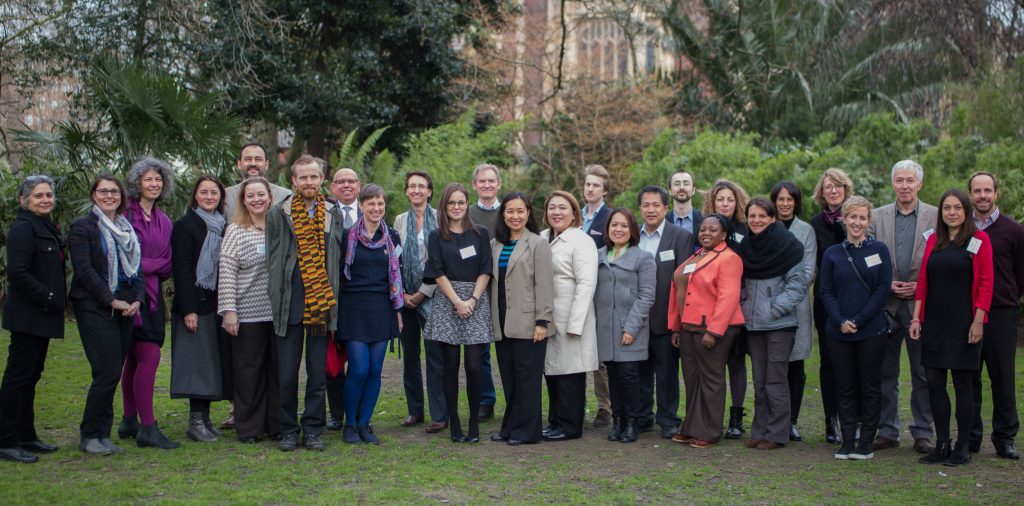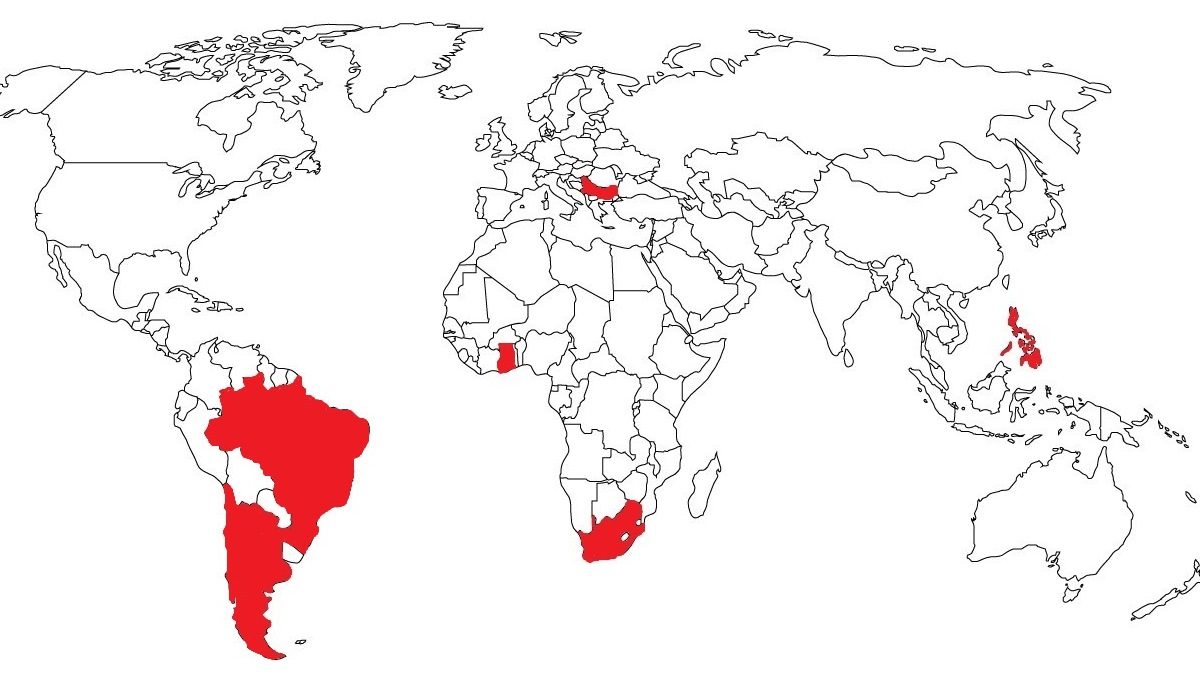 Working collaboratively, we aimed to understand when and how use of the internet contribute positively to children’s lives – providing opportunities to benefit in diverse ways that contribute to their well-being, as well as when and how use of the internet is problematic in children’s lives – amplifying the risk of harm that undermines their well-being if they are unprotected.
Working collaboratively, we aimed to understand when and how use of the internet contribute positively to children’s lives – providing opportunities to benefit in diverse ways that contribute to their well-being, as well as when and how use of the internet is problematic in children’s lives – amplifying the risk of harm that undermines their well-being if they are unprotected.
The efforts of Global Kids Online over the past one and a half years focused on:
- The expansion of the research evidence from middle- and low-income countries where children are now gaining internet access. Country findings are now available from Argentina, Serbia, South Africa and the Philippines which are summarised in a comparative research synthesis. As Global Kids Online keeps growing and new countries join the research network, more findings emerge, including the latest research evidence from Brazil , Bulgaria, and Montenegro.
- Supporting the production of a robust evidence base on children’s online access and opportunities, risks and rights. Global Kids Online developed an open-access multi-method research toolkit, in collaboration with the country partners, experts, and international advisors. The research toolkit is now freely available to researchers and research-users worldwide under the Attributive Non-Commercial Creative Commons License (CC BY-NC) at: globalkidsonline.net/tools. It consists of: a modular survey and a range of quantitative research tools; qualitative research protocols and tools; a series of expert method guides on key issues related to researching children’s online risks and opportunities; and guidance on adapting the toolkit to diverse environments.
- Supporting the development of effective policy and child rights solutions: Global Kids Online has been attracting considerable interest from states, private sector, and NGOs, and the country research projects will work towards informing national policy and practice through evidence. Using the research findings, we have had many opportunities to highlight important challenges to policy which are related to: capturing children’s diversity and particularly responding to the needs of vulnerable children; having a good understanding of the relationships between online and offline activity and how it may amplify risk; creating policies that consider opportunities alongside risks and doing this as part of the overall efforts to improve children’s well-being and ensuring the full range of their rights in the digital age.
- The launch of the toolkit at the end of last year contributed to the dialogue on how robust research can enable better policies on children’s safe and positive use of the internet.
Moving forward in 2017, UNICEF Office of Research and LSE will be developing an impact assessment matrix for the Global Kids Online toolkit together with our country partners, which will be useful at the country level to track and assess the impact of the research. We will also be developing knowledge exchange resources for future partners, such as templates for creating child-friendly resources. This work will be facilitated by our third Global Kids Online network meeting hosted by the LSE in London in June 2017.
Additionally, the work of Global Kids Online in 2017 will involve new national-level projects in Ghana and the Philippines conducted by UNICEF country offices, kicking off with data collection in early 2017.
Key highlights from the work of Global Kids Online are presented in our research updates:
- Children worldwide gain benefits, face risks online: key highlights from the comparative research synthesis launched at the Children’s Lives in the Digital Age seminar held at UNICEF Headquarters in New York.
- New research toolkit on children’s internet use: presenting the Global Kids Online research toolkit and discussing the potential to enable the many stakeholders responsible for children’s safe and positive use of the internet (governments, civil society and the private sector alike) in formulating policies that are inclusive, balanced and based on solid evidence.
- Children’s access to the internet: presenting recent findings: discussing the key issues related to children’s online risks and opportunities and the methodological challenges related to researching children’s internet use.
- Balancing risks and opportunities: what do we know from recent findings?: the ways children themselves describe what bothers them online, the way risks vary across the different countries studied, and the balance between risk and opportunity.
- The latest findings from Kids Online Brazil: launched earlier this month, the Kids Online survey highlighted important digital inequalities amongst children in Brazil.
- From research on children’s rights to national and international policy: discussing initiatives and opportunities for using evidence in policy making particularly in relation to children’s digital skills and literacies, safety online, civic engagement, privacy and freedom of expressions.
- Collaborating with UNICEF India on Child Online Safety: discussing the Child Online Protection in India report by UNICEF India and the contribution of the Global Kids Online team to the awareness raising campaign on child online safety.
- Bulgaria: Are children empowered to benefit from the internet?: discussing new findings from Global Kids Online Bulgaria, launched by the Bulgarian Safer Internet Centre, which reveal that children are spending more time online at increasingly younger ages.
Further resources:
Global Kids Online research toolkit
How to Join Global Kids Online
You can sign up to receive the latest research news from Global Kids Online by email. Please forward this message to anyone you think may be interested.
Post author: Mariya Stoilova








